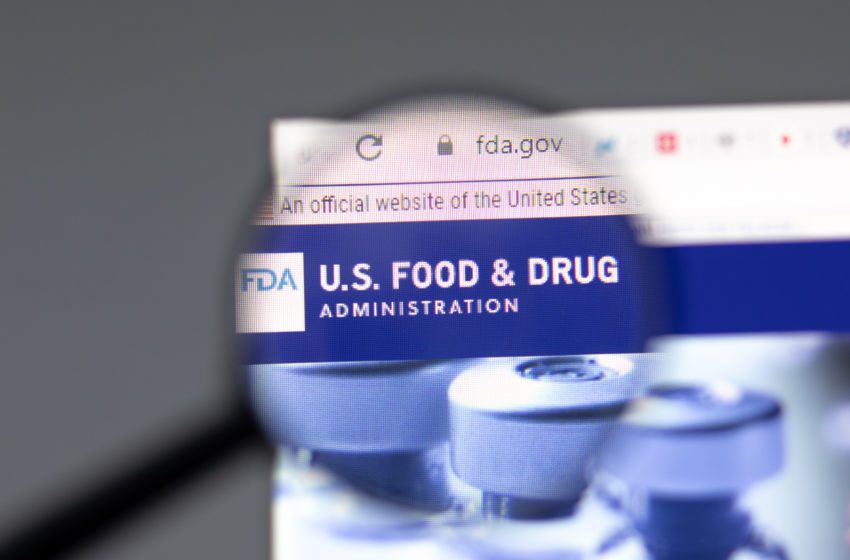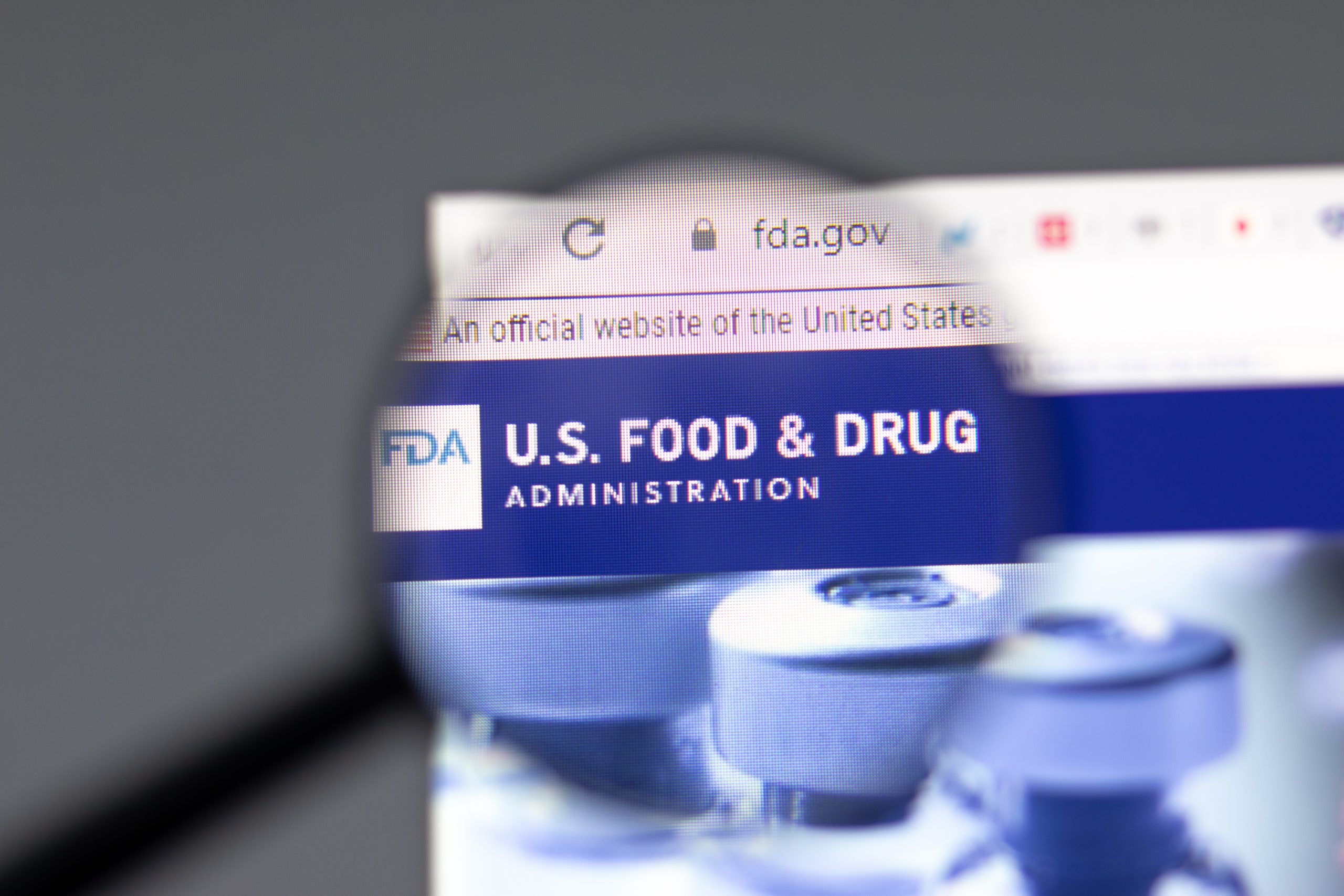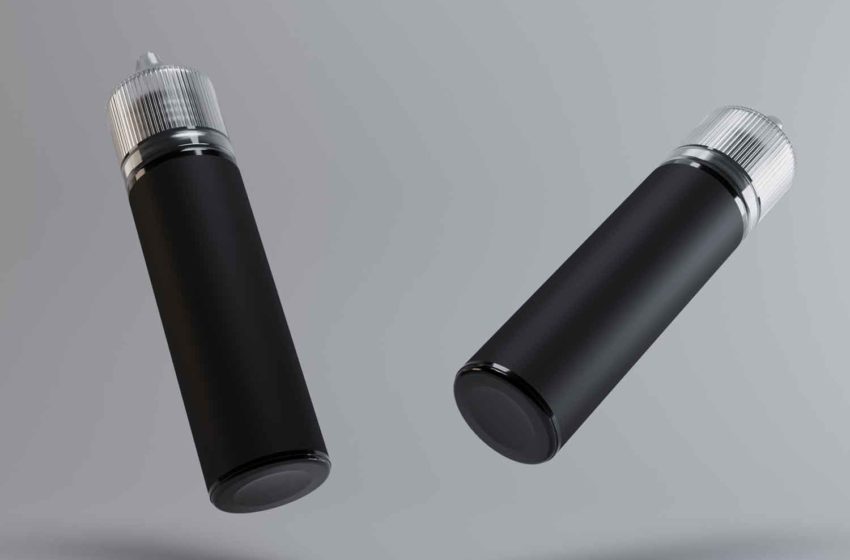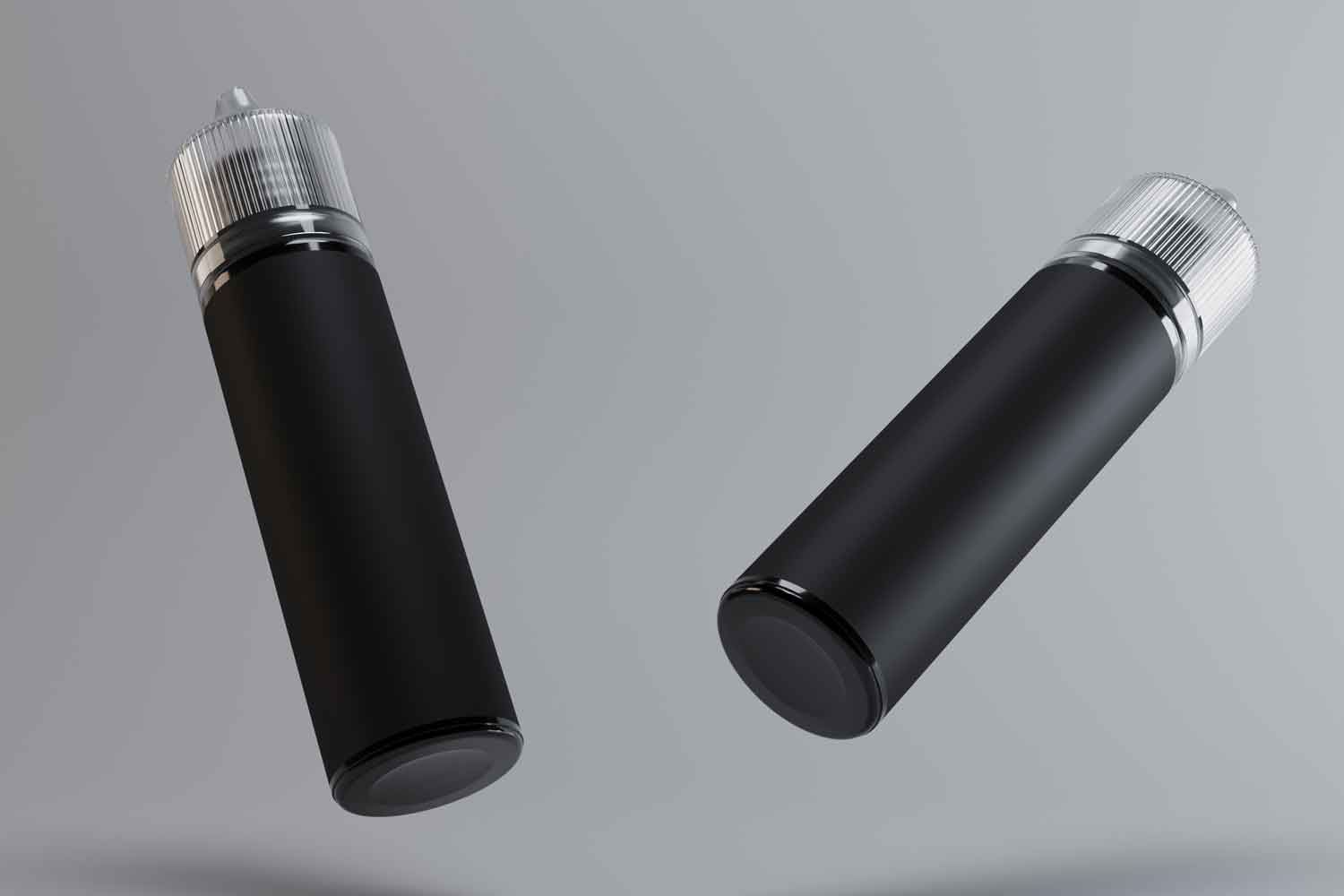
During an interview with Politico on Sept. 6, Brian King, the director of the U.S. Food and Drug Administration’s Center for Tobacco Products (CTP), would not say whether the agency was willing to take unauthorized vaping products off the market.
In his first interview since taking the reins of CTP, King said that he was “committing to explore all viable pathways that are legally and scientifically defensible,” adding that “nothing is off the table.”
He did not acknowledge anything about the commission of external experts looking into CTP procedures, however, writes Alex Norcia of Filter, the agency is already in the process of seeking court orders, threatening lawsuits and demanding the destruction of unauthorized next generation nicotine products.
“Filter has confirmed that the FDA, by September 1, advised the Department of Justice (DOJ) that at least two open-system vape companies were in violation of the Federal Food, Drug, and Cosmetic Act (FDCA) because the manufacturers did not file premarket tobacco product applications (PMTAs) and were continuing to sell their products,” Norcia writes. “According to a letter to one of the vape companies, viewed by Filter, the feds are seeking court orders, threatening lawsuits and demanding the destruction of unauthorized products.”
CTP has denied an estimated 99 percent of marketing applications and dozens of companies have sued over their denials, which they have largely argued were “arbitrary” and “capricious.”
“We plan to seek a court order to permanently enjoin you … from, among other things, directly or indirectly manufacturing, distributing, selling, and/or offering for sale any new tobacco product at or from any of your facilities, unless and until, among other things, the product receives, and has in effect, marketing authorization from FDA,” reads the letter, signed by DOJ Senior Litigation Counsel Christina Parascandola and dated September 1. “The enclosed proposed consent decree,” it continues, “states the terms upon which the government would be willing to settle the suit that we plan to file.”
Filter agreed not to disclose the names of the individuals and companies that received the letters (one of the companies has now ceased business operations) because of the possibility that litigation could unfold. The FDA did not respond to Filter’s request for comment by publication time.
“Defendants shall bear the costs of destruction and the costs of FDA’s supervision.”
One industry insider, who requested anonymity so as not to affect his company’s PMTA process, said that the letter was “a clear escalation”—the first time, to his knowledge, that the FDA had gone beyond warnings and explicitly threatened to sue over sales of unauthorized nicotine vapes.
“Their exercise of enforcement discretion to date has reached almost legendary proportions, so this would be at least a small deviation from that,” Cliff Douglas, the director of the University of Michigan Tobacco Research Network and the American Cancer Society’s former vice president for tobacco control, told Filter. “My sense is that there are many, many instances of such behavior across the country, which Mitch Zeller and others have referred to as requiring FDA to play whack-a-mole, so a big question would appear to be whether this signals a new direction or is a random example of enforcement action.”
The two companies known to have received letters, at least, have been ordered to physically destroy their own products, under FDA supervision, according to Norcia.
“Within thirty (30) days after entry of this Decree, Defendants shall, under FDA’s supervision and pursuant to a written destruction plan approved in writing by FDA prior to implementation, destroy all Defendants’ ENDS products in their custody, control, or possession as of the date this Decree is signed by the parties,” the letter reads. “Defendants shall bear the costs of destruction and the costs of FDA’s supervision incurred under this paragraph.”




















